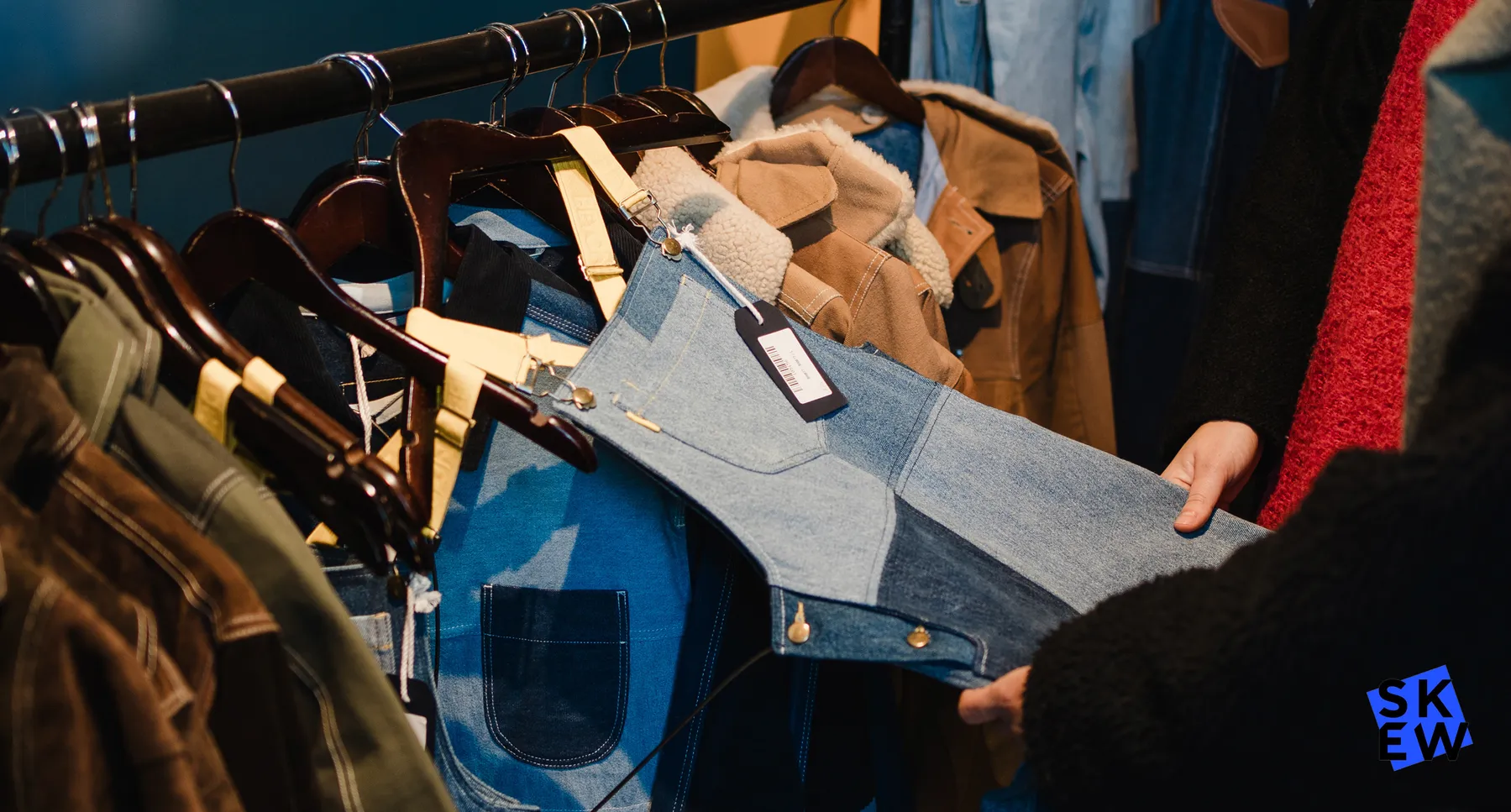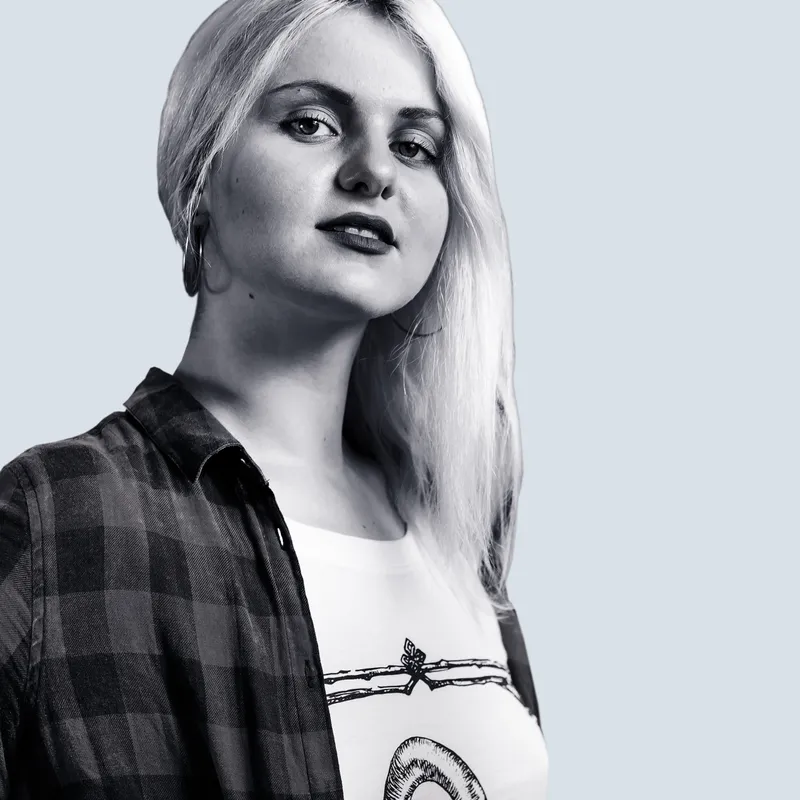The View From Skew | 3 Purpose-led Brands That are Resonating With Consumers

TLDR. Half of consumers, particularly Millennials and Gen-Z, prioritise belief-driven purchases, prompting retailers to focus on sustainability. Despite inevitable environmental impacts, brands like Stella McCartney, Petit Pli, and Patagonia focus on a holistic approach with purpose-led practices.""
‘According to the Edelman Earned Brand study, 50% of consumers across 14 major markets … are belief-driven buyers, and they skew younger, with higher percentages among Millennials (60%) and Gen-Z (53%).’ Forbes
""
At our most recent retail masterclass there was one word on every attending brand's lips; ‘sustainability’. Whether it was their main focus for the day or part of the requested research, every participant wanted to know who was nailing their sustainability messaging.
But, let’s face it, we’re in retail, or you’re someone that is part of the process, which means your work inevitably has a negative environmental impact. Brands that don’t understand this and are participating in greenwashing are rightly being called out. However there is a balance to be struck here - don’t throw the baby out with the net-zero bath water just yet.
Perfect is the enemy of good, so we’re broadening the discussion beyond sustainability and looking at 3 companies that are actively investing in purpose-led practices that are resonating with customers.
Stella McCartney. One of the best examples of a high-end fashion brand with a thoroughly developed sustainability strategy. Long known for not using fur or leather, Stella McCartney is at the forefront of eco-friendly materials. A great example being their ‘banana skin bag’ crafted from ‘Bananatex’, which is an organic, all-natural, biodegradable leather alternative. With commitments to circularity, social responsibility and collection collaborations with Greenpeace, the brand showcases its holistic approach to making sustainability part of who they are. For more information visit their website.
Petit Pli. Now this is one for the designers, especially ones with kids. Petit Pli, founded in 2017 by aeronautical engineer Ryan Mario Yasin, epitomises sustainable and ethical practices in the fashion industry. Their Clothes That Grow line for children showcases groundbreaking material technologies and ethical production practices in Portugal, including renewable energy sources and fair labour standards. With garments crafted from patented textiles and recycled fibres, Petit Pli reduces waste and CO2 emissions while offering free repairs, guaranteeing longevity. Each garment extends up to seven sizes, offering practical solutions for parents and embodying a vision of a more sustainable and inclusive future for fashion.
Patagonia. No ethical retailer list would be complete without Patagonia, the OG’s of sustainability and conscious consumerism. From using recycled materials in their products to implementing fair labour practices through (a portion of) their supply chain, Patagonia consistently prioritises the well-being of both people and the planet. Their transparent approach to business, highlighted by well-established initiatives like the Footprint Chronicles, allows consumers to trace the journey of their products and understand the impact of their purchases. Through activism, advocacy, and innovative solutions, Patagonia continues to lead the charge towards a more sustainable future. In 2022, founder Yvon Chouinard gave the organisation to a charitable trust saying,
“Instead of ‘going public’, you could say we’re ‘going purpose’ … Instead of extracting value from nature and transforming it into wealth for investors, we’ll use the wealth Patagonia creates to protect the source of all wealth.”""
Further resources
For brand collaboration research or competitor analysis, goodonyou.eco offers concise reviews focusing on environmental impact, workers' rights, and animal welfare policies. The platform pulls information from independent auditing bodies, providing recommendations for improvement.
In conclusion
We suspect signing over the company to a uniquely structured NGO with a mission to save the planet is probably not going to get signed off in the next department meeting so remember what we said - perfect is the enemy of good! Implementing holistic purpose-led practices that are deeply rooted in your brand’s DNA, will lead to more sustainable business decisions and enable you to make commercial choices which will connect with your audience.
But if this has left you feeling a little overwhelmed Skew can help. We’re experts in strategy and research and have designed a tailored retail masterclass where we share the Skew way of doing things on a live project. Find out more and register for the next event here.
Alternatively if you want to start today, drop us a message here so we can help you see the wood from the trees (in the sustainably managed forest, of course).






